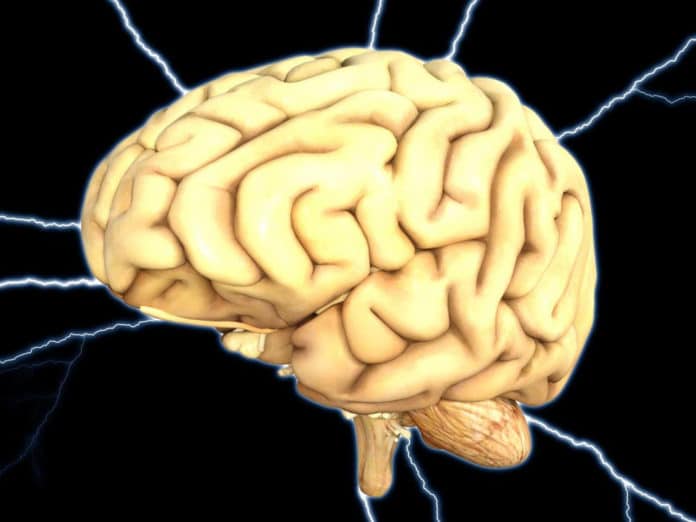The brain has numerous cells that have complicated ways of producing and sharing energy. In a new study, scientists from the University of Adelaide wanted to determine how Alzheimer’s disease mutations affect those different cell types.
They discovered a link between how cells produce energy for brain function and the mutated genes found in Alzheimer’s disease.
For the study, scientists analyzed the young adult brains of zebrafish with gene mutations associated with early-onset Alzheimer’s disease. The study was conducted on zebrafish because they produce very large families. This makes it easier for scientists to identify subtle changes.
Using advanced technology and mathematical analysis, scientists compared gene activity. They found significant differences between the normal fish and those with the mutations.
Scientists found that the different mutations in the different genes have a different impact on brain cell function. They also found that the Alzheimer’s disease mutations significantly affect one essential cell function- the use of oxygen within cells to produce energy.
Lead researcher Dr. Karissa Barthelson from the University of Adelaide’s Alzheimer’s Disease Genetics Laboratory said: “This is very interesting because we know when Alzheimer’s disease eventually develops, people’s brains become severely deficient in energy production.
“When we realized this common link, we took our research one step further and re-analyzed data from another research group that had studied a critical Alzheimer’s disease gene in mice.
“We could see a similar effect, and this reinforces our confidence that we have found a fundamental, early driver of Alzheimer’s disease in humans.”
Scientists noted, “It is very satisfying to have found this important common, early factor driving the development of Alzheimer’s disease.”
“The costs of Alzheimer’s disease to society are huge, not only in caring for those who cannot care for themselves but also in lost relationships with loved ones as memories and cognition fade.”
Dr. Barthelson said, “Energy production is the most fundamentally important cellular activity supporting all other functions, particularly in highly active organs such as brains.”
“If we can understand in detail what is going wrong with oxygen use and energy production, we may see ways of stopping the disease before it starts — and that would enormously benefit our aging population.”
Journal Reference:
- Karissa Barthelson, Morgan Newman, Michael Lardelli. Brain transcriptomes of zebrafish and mouse Alzheimer’s disease knock-in models imply early disrupted energy metabolism. Disease Models & Mechanisms, 2021; DOI: 10.1242/dmm.049187
